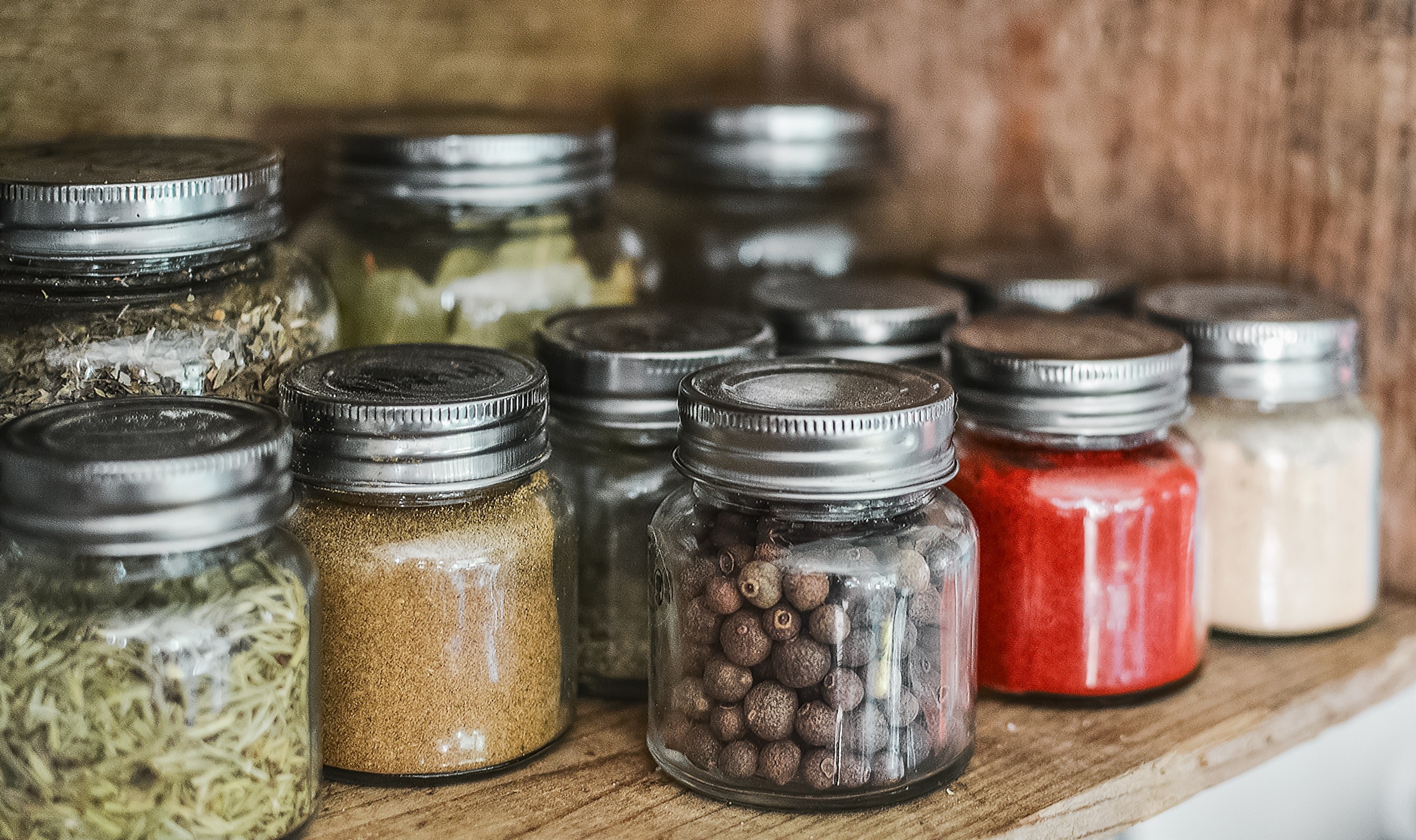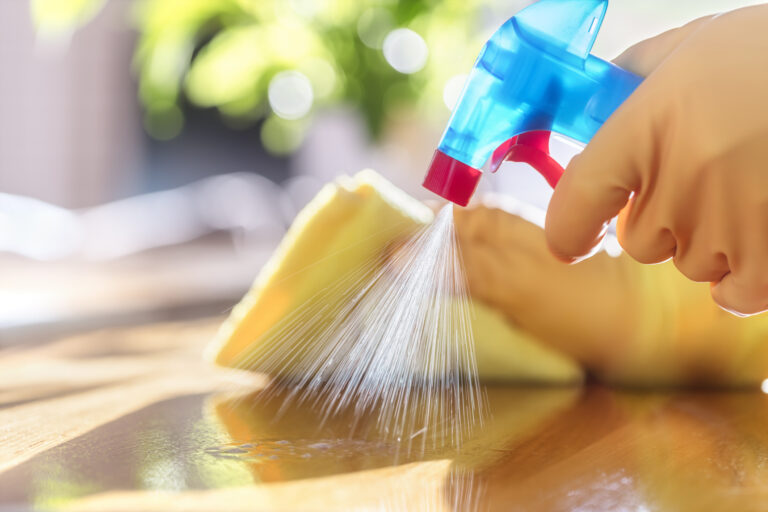12 Handy Food Storage Tips!
Are you tired of tossing out food that has gone bad before you have had a chance to consume it? The good news is that by learning a few simple food storage strategies, we can drastically reduce your food waste! When your food is properly preserved, you have more time to consume it before it spoils.
The key to stretching your money is to keep fresh goods in condition for as long as possible. Here are some suggestions!
Keep the Avocados Fresh
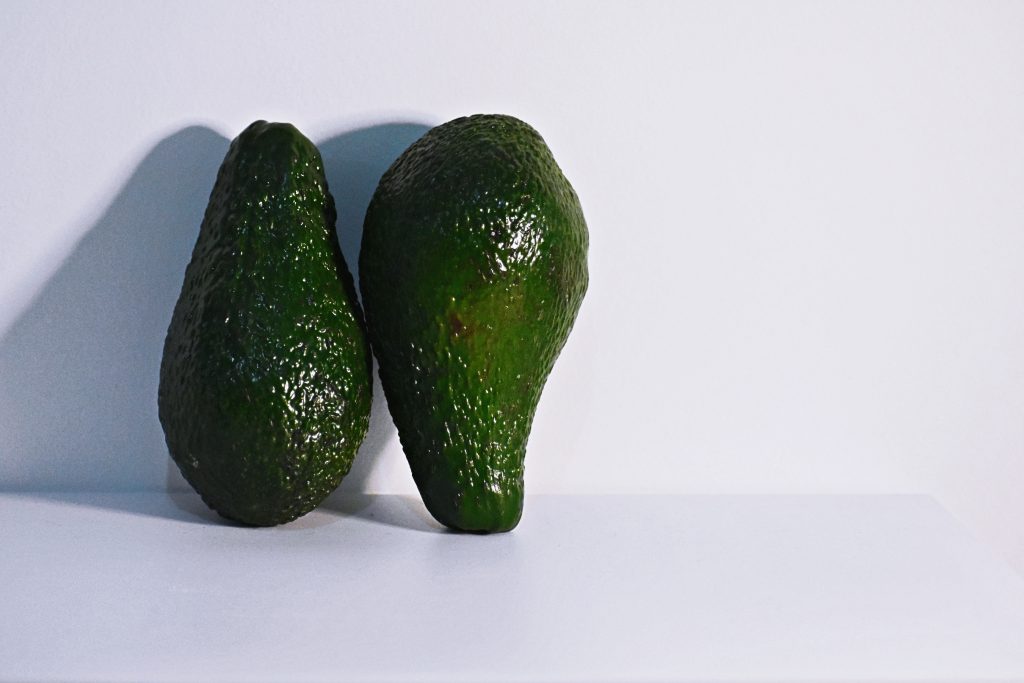
Avocados, like bananas, are generally difficult to store. What you want to do is as follows: When they’re unripe, place them on the counter and leave them there for the day. Look for signs of ripeness, such as darkened skin and softening to the touch.
You can also test the stems—if they easily pop off, your avocados are ready to eat! Now consider whether you’ll eat these within the next day or two. If your answer is yes, leave them alone. Store them in the fridge for about a week to maintain optimal ripeness if the answer is no.
Keep the Blueberries Dry
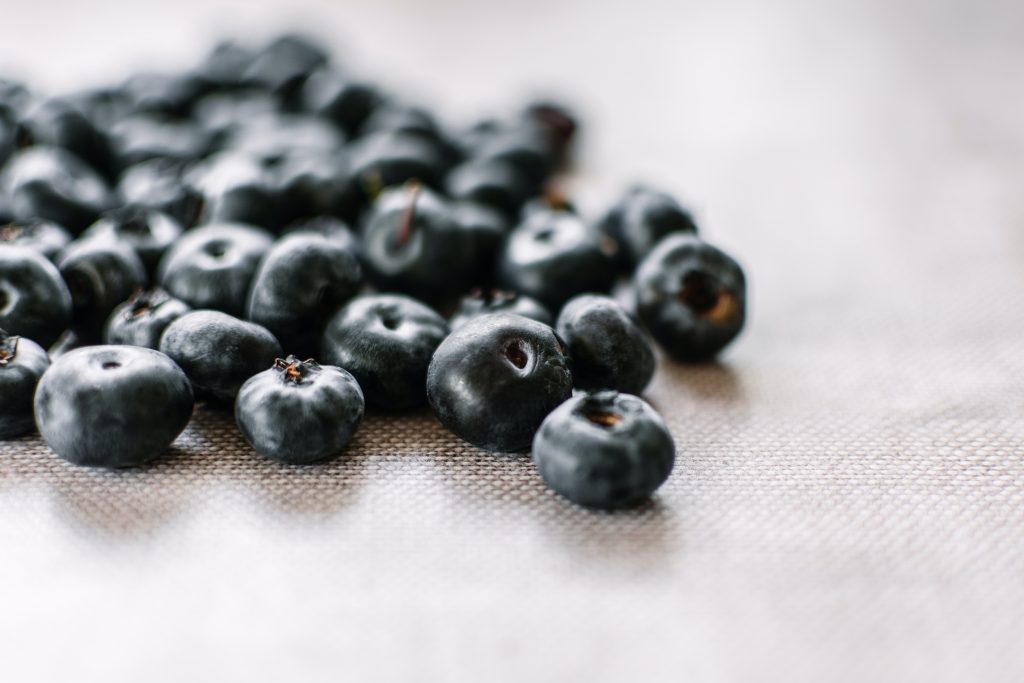
Blueberries are expensive, so it’s critical to properly care for them so you can eat them instead of throwing them away. The bottom of most berry packages will have an absorbent pad. Its purpose is to draw excess moisture away from the berries, promoting mold growth.
If your package did not include an absorbent pad, or if the pad was soaked through, you can make your own. All you have to do is use a piece of paper towel to line the bottom of a container.
That’s all it is! While we’re on the subject of moisture, it’s tempting to wash berries ahead of time or in batches, but only wash as many as you’ll consume shortly before eating. Keep them refrigerated in the meantime.
Healthy Nuts
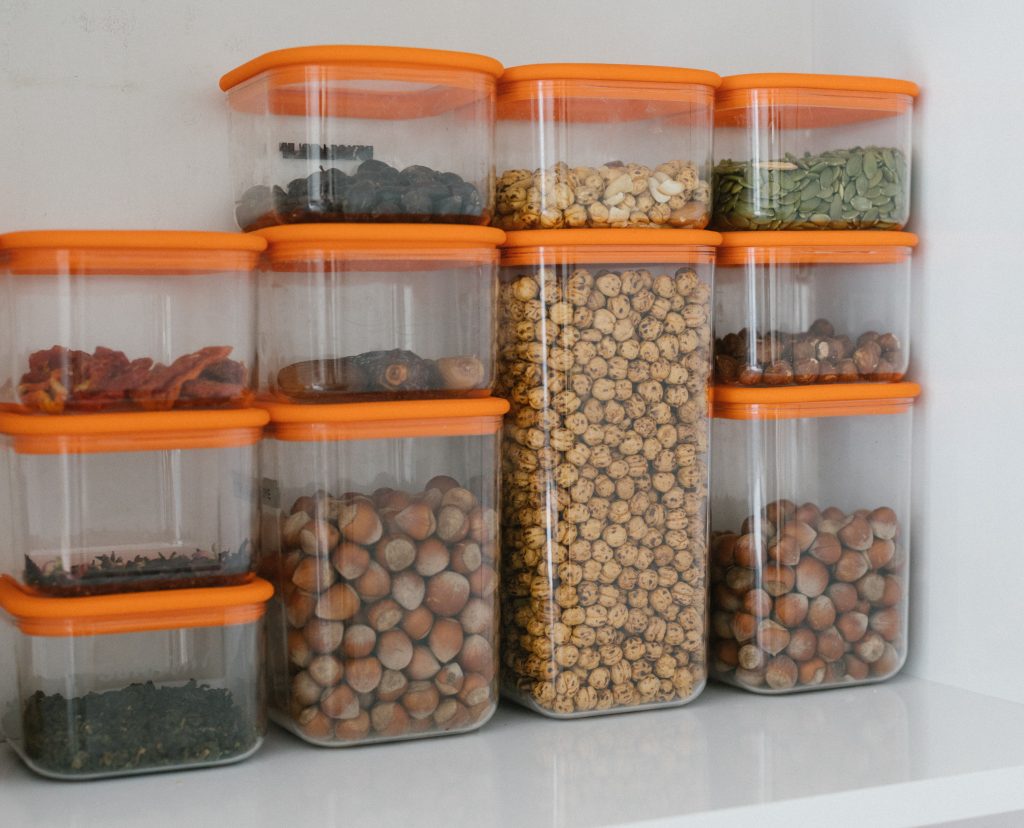
Nuts like cashews, pecans, almonds, and pistachios may appear rough, yet they have a soft side. If not stored properly, they can spoil. Nuts can go rancid if they have a lot of natural oils, which causes them to smell bad and taste even worse.
The most accessible approach to keep your nuts fresher for longer is to limit their exposure to light and heat, both of which hasten the spoilage process. So, put your nuts in an airtight container and store them in the fridge or freezer if you have a large quantity.
Basil
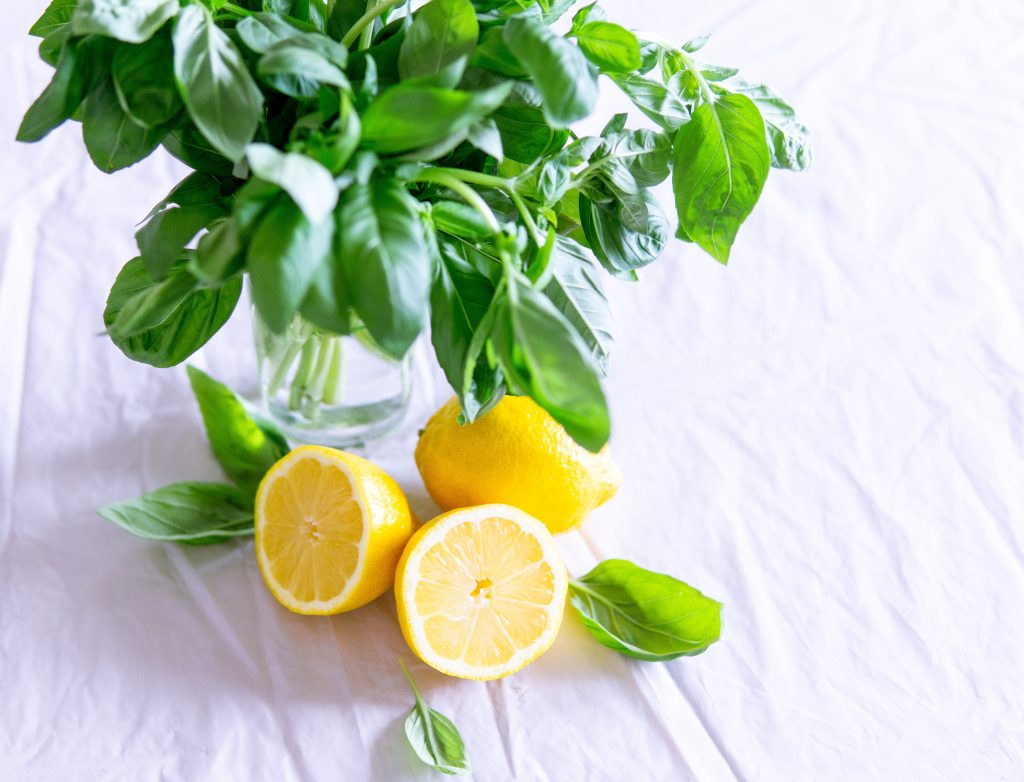
Like that of so many other plants, Basil’s freshness appears to be finite. You buy it one day, and the next day it’s already wilting. Think of it as a cut flower instead of keeping basil in that plastic bag or container in the fridge.
Prop the basil stems inside a small container or glass filled with approximately a quarter-inch of water. Keep this basil bouquet on the counter for a while. It’ll serve as an attractive plant, and you’ll be able to see when the water needs to be replaced.
Your basil will last about a week if you use this technique. You might also use a specialized herb storage system.
The Better Butter
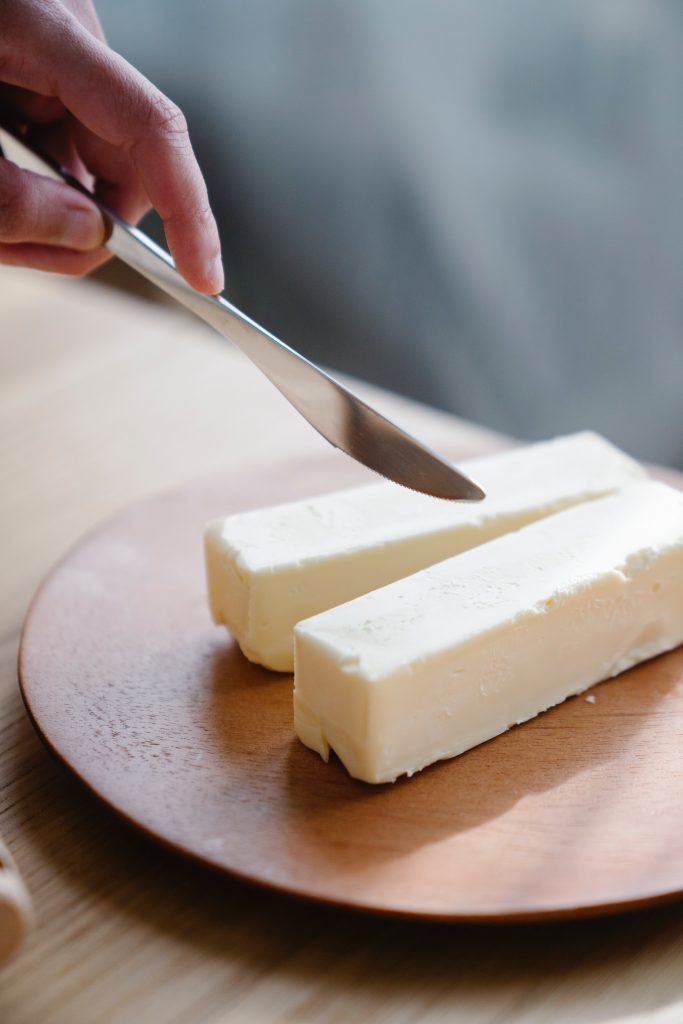
Putting cold butter on a piece of toast is a genuine bread-and-butter snoozer. You’ll need room-temperature butter that’s spreadable. However, suppose you leave a complete brick of butter out on the counter or in the cupboard.
In that case, some of it will inevitably go to waste. You could chop off a small piece of butter, set it in a butter dish, and leave it out. You’ll always have soft butter on hand this way.
The rest of the butter will be kept cool and preserved in the fridge. You’ll need to analyze your household’s butter usage and slice it according to this one. Another consideration is salinity: salted butter will last longer in the fridge than unsalted butter.
Enjoy Fresh Tangerines
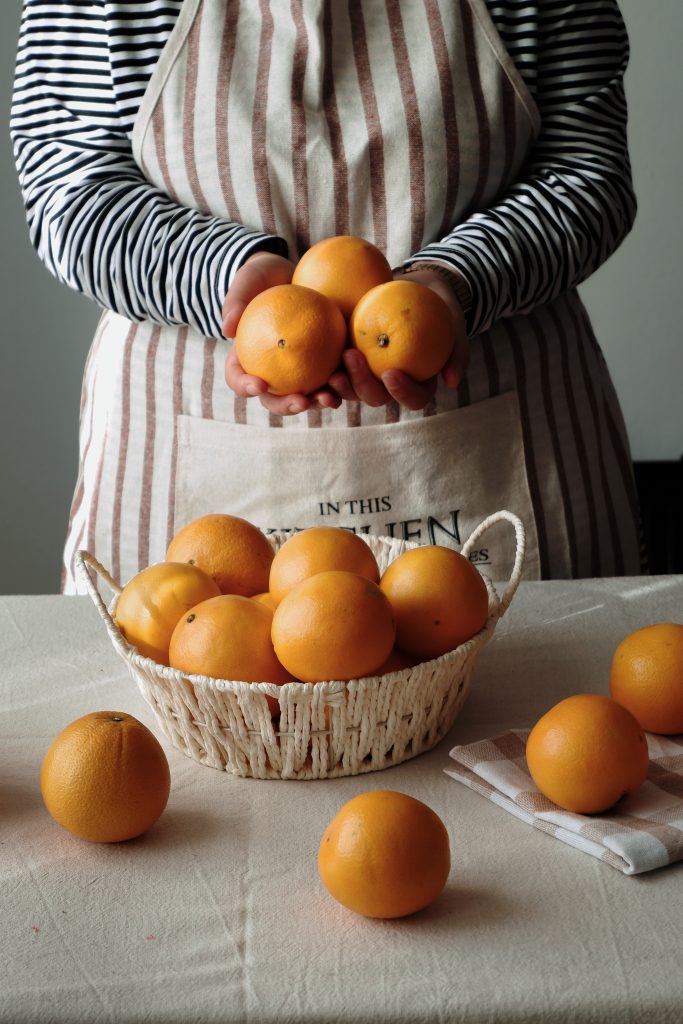
We understand that keeping tangerines and oranges in the fridge seems like the right thing to do. Still, we’re here to inform you that they belong on the counter, plain and simple.
Bonus: Keeping these citrus fruits in plain sight makes it very easy to grab them as a quick snack on the road, which promotes healthy eating.
Store Fresh Ginger
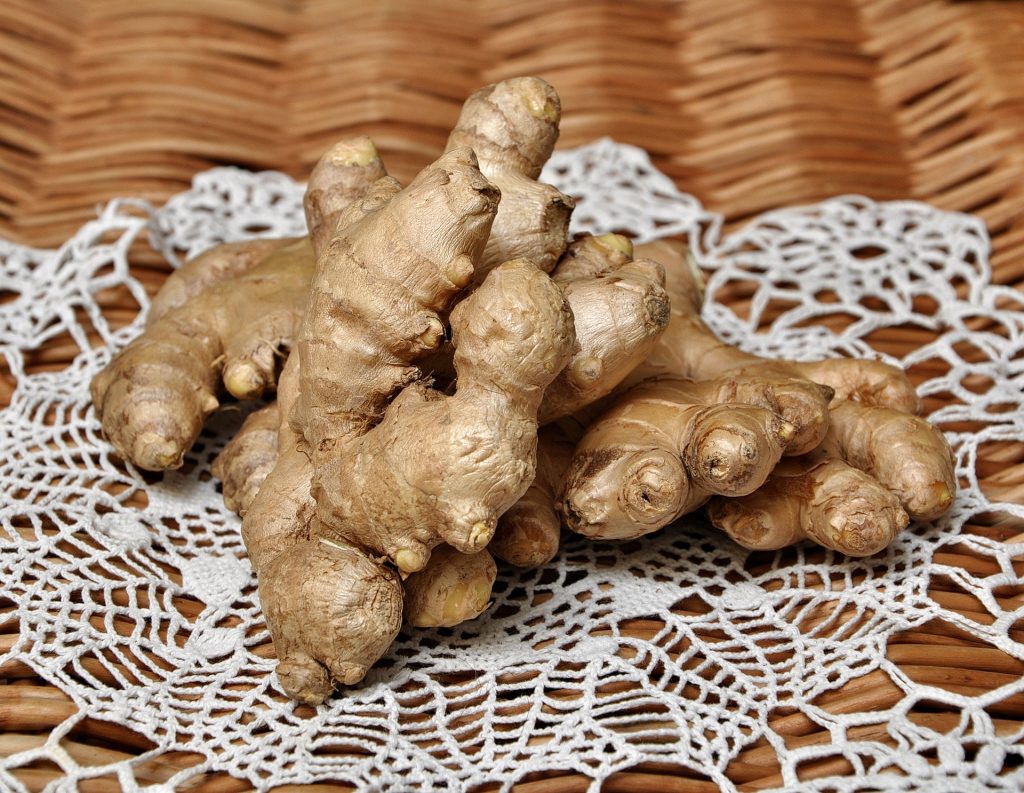
Don’t just put ginger in the crisper when you’re not using ginger. You’ll want to keep it dry and avoid exposing it to the air as much as possible. So, every time you take it out to cut a piece off, dry the cut end with a clean paper towel, then place it in a zippered plastic bag and suck out all the air before closing it.
Here’s a tip for you if you like to grate your ginger. Freeze some peeled ginger and remove it as needed—it will firm up and become simpler to grate.
Peanut Butter
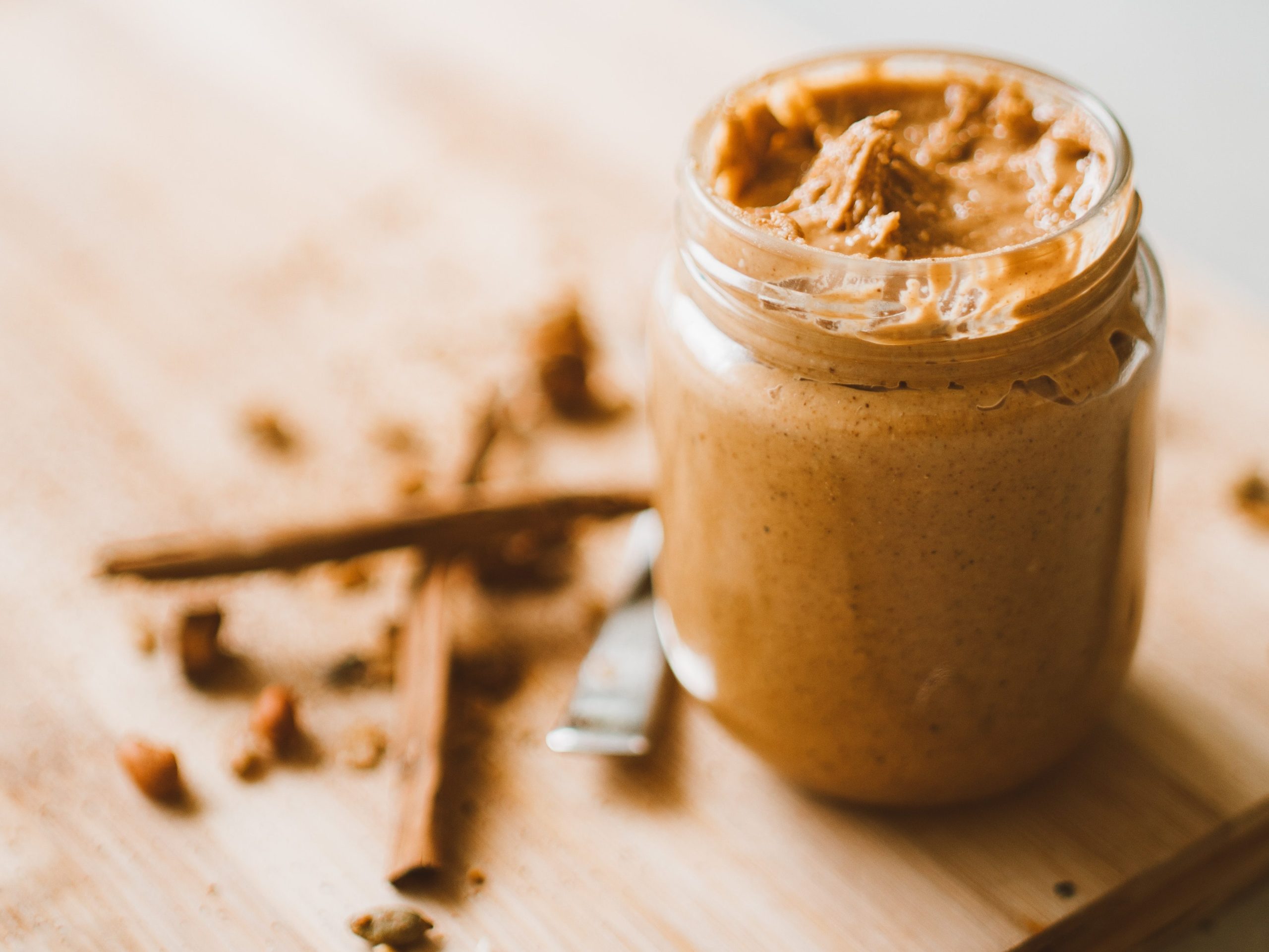
Peanut butter is, without a doubt, one of the most delicious things on the planet! However, there’s a lot of debate regarding whether to keep it in the fridge or the cabinet. You’re good as long as you keep your peanut butter in a cool, dark spot, mainly if it contains a lot of salt and preservatives.
However, if you don’t use the peanut butter as often as you should, you can keep it in the fridge.
Fresh Milk for Good Health
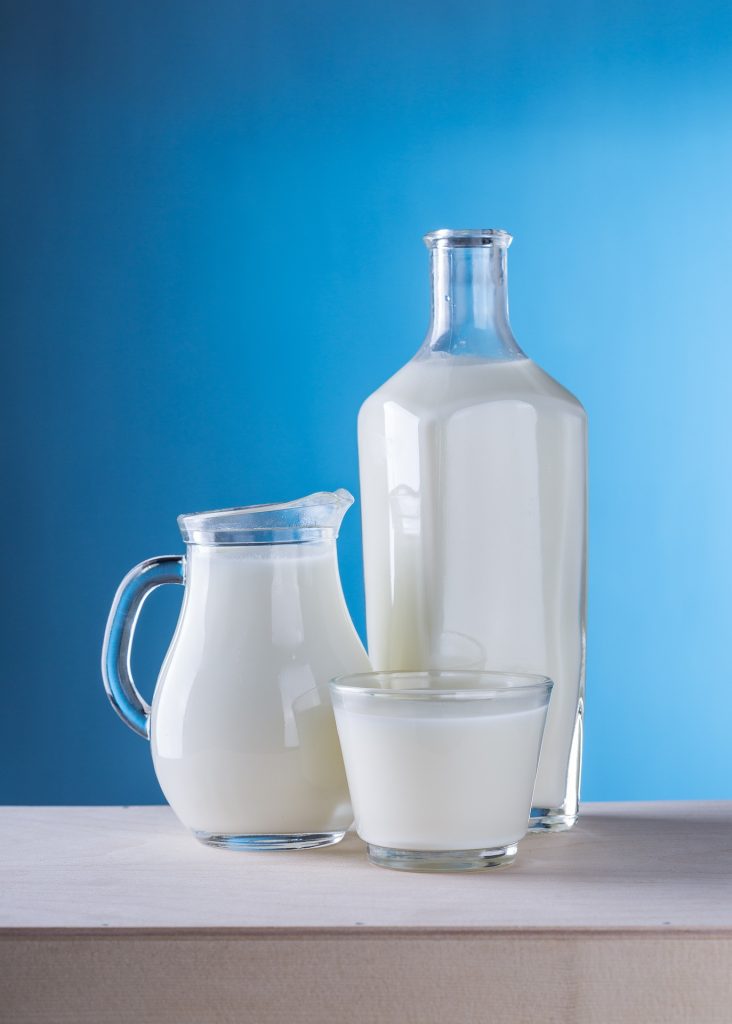
Milk, of course, must be kept refrigerated, but where in your fridge should it be kept? Let’s start with the least desirable location: the door. Yes, it is correct! Though milk is frequently placed in one of the door’s beverage compartments, that is the warmest portion of the fridge and, as a result, the last place you should store it.
Milk should be stored at the very back of your refrigerator, as far away from the door as possible. Depending on your model and the fridge’s freezer, the coolest spot is usually on the very top shelf or just above the crisper drawers on the bottom rack.
Now, if you buy a lot of milk at once and don’t plan on using it all right once, you can store it in the freezer. It can be stored for months without losing nutritional value or flavor.
No Wine Left Behind
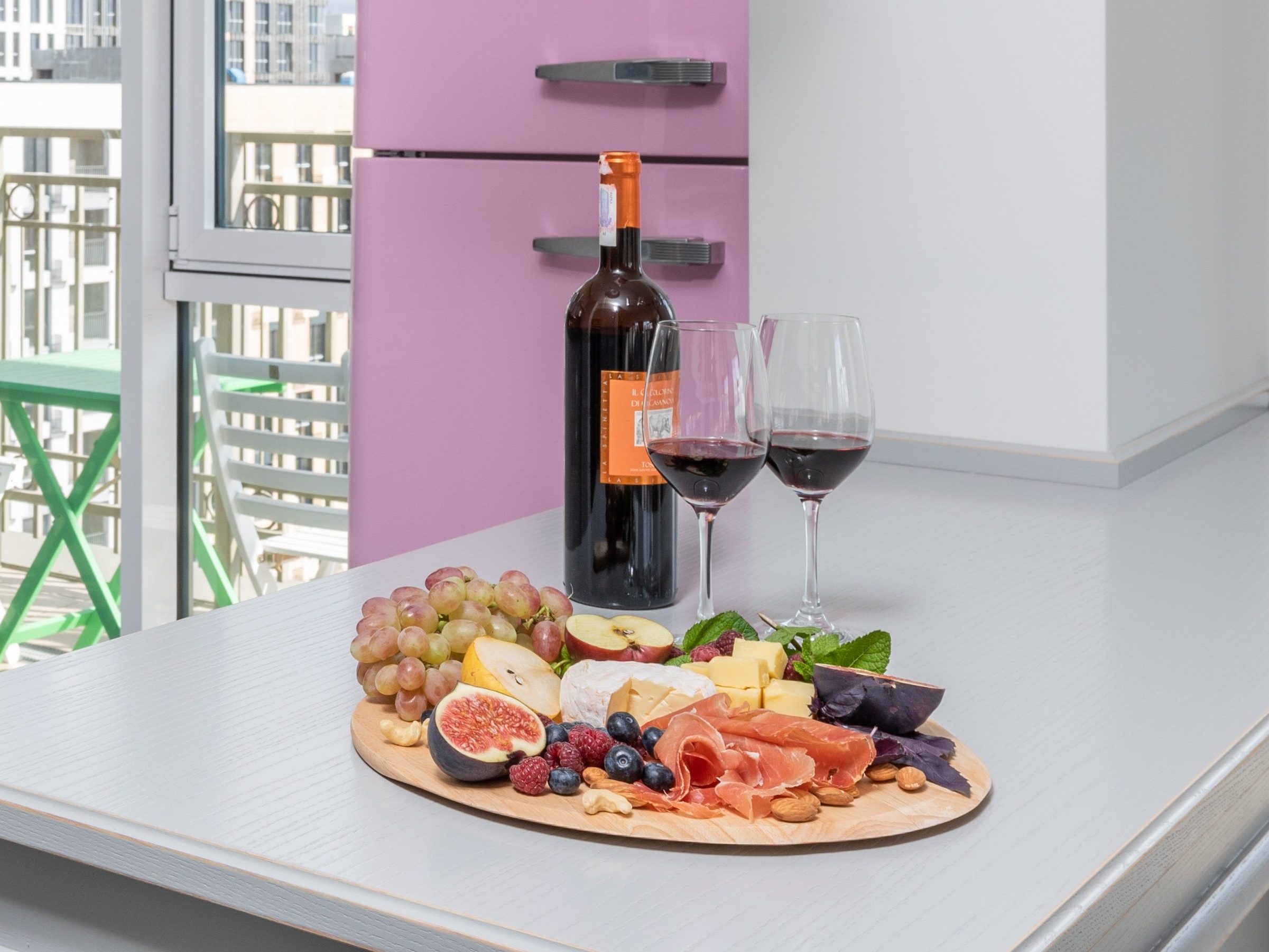
The ideal way to store wine is in a cool, dark place. Place your wine in a cool area if you have one. If not, find a cool cabinet with an opaque door to store it in. What to do with wine that has been left over?
Replace the cork in its cool, dark location, tilting it slightly if possible. Then, within three or four days, make sure you drink it.
Lemon it Up!
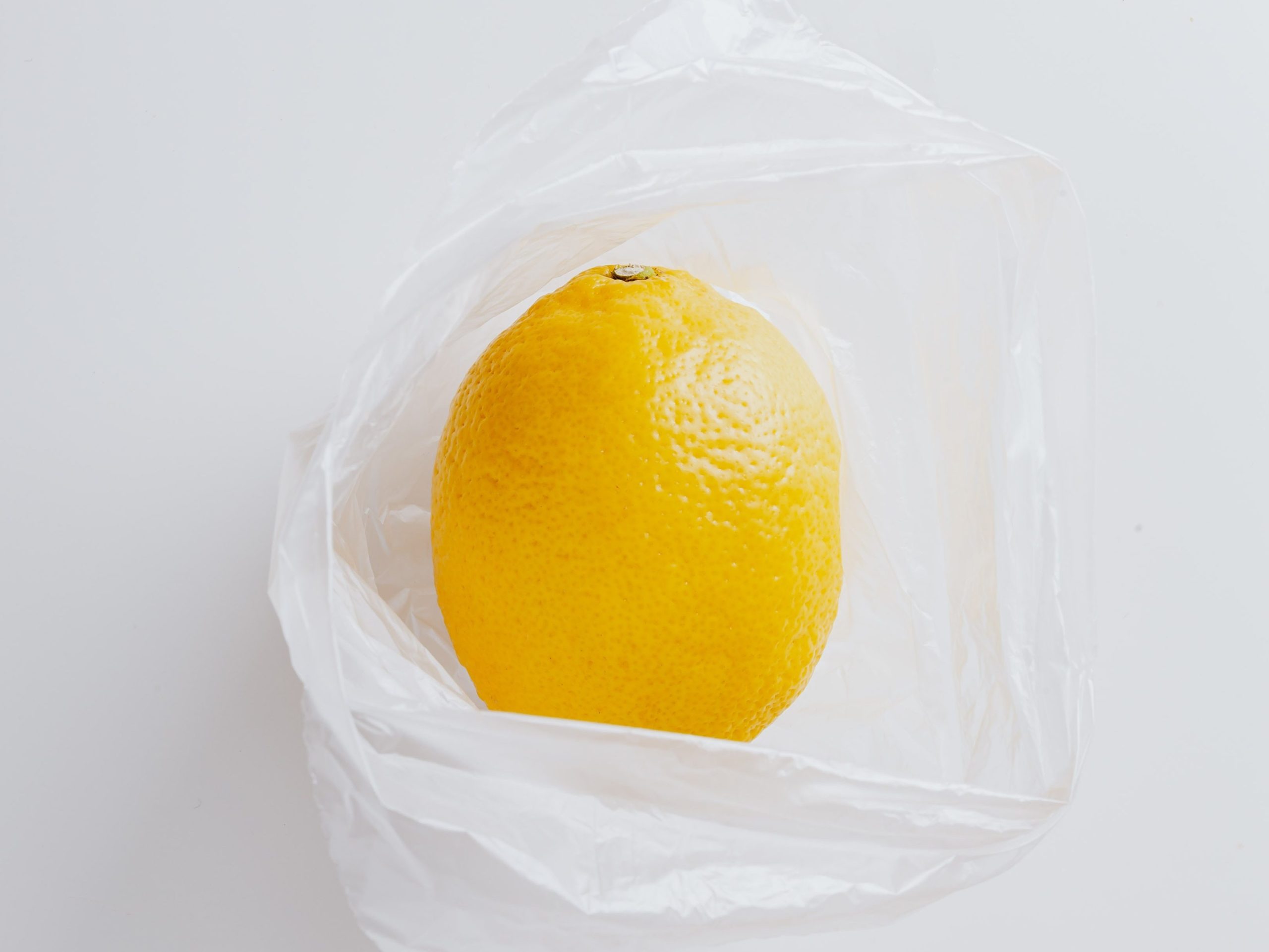
When left in the fridge, lemon halves shrivel. Freeze them in polyethylene bags so they can be used to make cold drinks whenever you need them.
Where Apples Go, Potatoes Follow

Apples can help keep potatoes from sprouting, even though they ruin most produce. So, for long-term storage, you might wish to keep them together in a cool place.
What challenges do you have when it comes to food storage? Please let us know!

